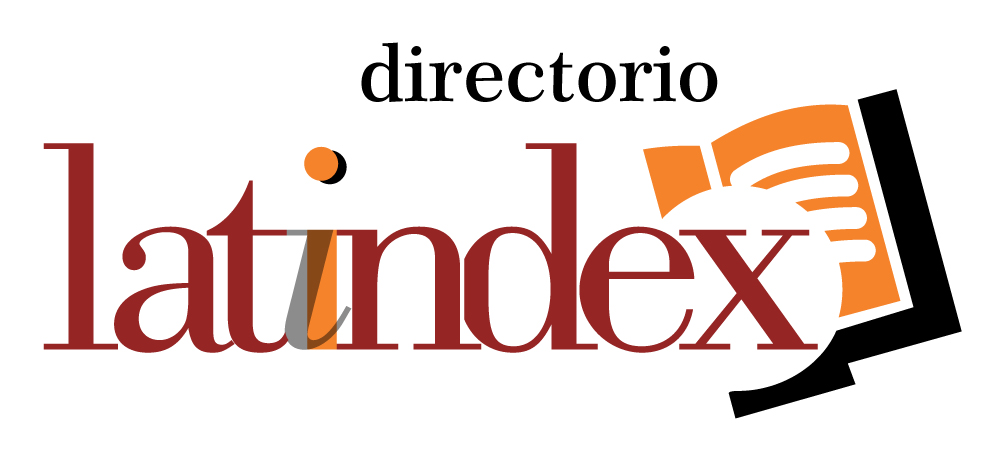Vol. 8 No. 1 (2017)

It is with great joy we announce another volume of Inquietude journal: volume 8, number 1, fruit of much dedication and effort. The image of the mural produced by Keith Haring composes the cover of this issue.
Philosophy is full of examples to think about how knowledge is made: whether by consensus or conflict. Would Aristotle have reached his deep ethical thought had he not studied the Platonic ethics and realized he agreed in some aspects and not in others? Kant states all thinkers of philosophy raise their knowledge buildings on other philosophies' ruins. We believe worrying about the thoughts of other authors is an impulse for knowledge.
It is in this movement, between conflicts and consensus, that we present this edition composed by four articles and two reviews, besides a section of abstracts of master’s dissertations, abstracts of monographs and reports of scientific initiation.
In the opening text, entitled The theory of error, the problem of moral objectivity and the phenomenology of value, the author Emerson Martins Soares makes use of the work Ethics: inventing right and wrong, by J. L. Mackie, to discuss development of the Theory of Error, emphasizing its main characteristics. As mentioned above, not only philosophy lives by consensus, so the text in question seeks to weave criticism of Mackie’s theory, putting into check the success of his theory. For Mackie, there would be no objective moral values. It is by using Mackie’s own development that the author will identify his flaws.
Next, we present the article The concept of public opinion in Rousseau: From the corruption of the individual to the transparency of the political body, by Rosângela Almeida Chaves. The author seeks to reveal the evolution of the concept of public opinion in the Genevese's works. First, as a negative element: factor of corruption of the people; at other times, as a social control: would stabilize the customs and make everyone follow.
The next article, Explaining and justifying actions: On a supposed "antinomy of acting", by Darley Alves Fernandes. The text addresses an aspect Kant did not emphasize, namely, the distinction between "determining cause" and "determining reason". The justification of an action from its cause is not sustained: the cause only makes us understand and explain the action, but does not justify it. In addition, both would not have an exclusive character, but rather complementary.
Our fourth article, entitled The infinite government of men: Eschatology and resistance in Foucault and Agamben, by Pedro Lucas Dulci, aims to investigate the embryonic articulation of some concepts within Foucaultian thought, which later will be used by Agamben as the theological genealogy of economics and government. Foucault starts from a questioning about infinite political pretensions and indicates eschatological forms of counterconduct. Agamben makes use of these notions to develop his thinking in relation to those on the messianic time.
The review section presents, in its opening, a text prepared by Fernando Cardoso Bertoldo, Ethical education as a way of cosmopolitan citizenship in Kant, which is built from the Brazilian version of the text Sobre a pedagogia [On pedagogy], Immanuel Kant, 2nd edition, 1999. The purpose of this review is to explain why and how, for Kant, ethical education is the means by which cosmopolitan citizenship could be achieved. Bertoldo, for this purpose, seeks to give some answers to questions concerning the conception of human being and the possibility of a moral formation. In addition, the author of the review assesses whether the work identifies which conditions are necessary for a human being to think for himself and what requirements are necessary for achieving cosmopolitan citizenship.
The second review of this issue was written by Miroslav Milovic, about the book El ocaso de occidente [The twilight of the occident] by the Spaniard Luis Sáez Rueda. Rueda seeks inspiration in Husserl, but does not deal with the same themes, looks at our current reality and perceives it as poor in relation to the power of self-creation: we are no longer a society that creates, we are a consumer society. In this way, Rueda thinks about ways of recreating the productive source. In addition, it highlights its differences with the thought of Habermas, making clear a specific material dimension of culture would be lost. Its inspiration would come from Deleuze and his rhizomatic assumptions, in this case, the richness of energy rhizomes as opposed to capitalist forces and identity culture that dominate us.
We express our gratitude to Inquietude Editorial Board, the authors who have trusted the journal for the submission and publication of their texts and especially the reviewers who made up the evaluation committee of the articles published. We reaffirm Inquietude seeks to promote a philosophical dialogue, so we leave open the invitation for those who aim, in the future, to send us their texts. We also appreciate the support and encouragement of the Faculty of Philosophy to the journal activities.
Finally, we would like to take the opportunity to welcome the new members of Inquietude, the editors: Aline Matos da Rocha, Eduarda Santos Silva, Fernando Batista Safadi, Joézer Carvalho de Castro, Kellen Aparecida Nascimento Ribeiro and Paulo Fernando Rocha Antunes, and also to the new reviewers: Davi Maranhão De Conti and Paola Nunes de Souza.
Adriane Campos de Assis








